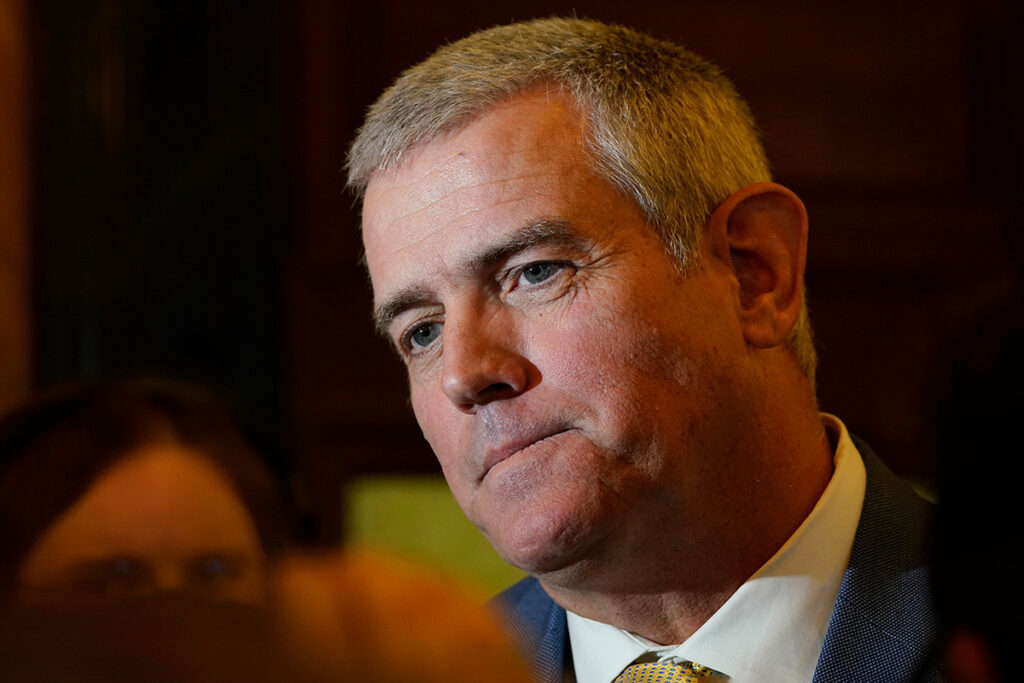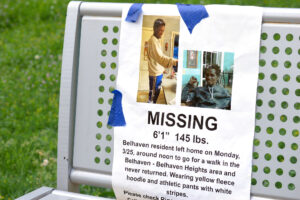Mississippi House Speaker Philip Gunn announced a bipartisan slate of lawmakers who will comprise his Speaker’s Commission on Life and steer the effort to craft legislation focused on pregnancy, children and families. The Republican leader first announced his plan for a commission when the U.S. Supreme Court overturned Roe v. Wade on June 24, 2022.
In a statement announcing the appointments Tuesday, Gunn said the lawmakers are already working with him on legislation “supporting and affirming life before and after birth.” After the Dobbs v. Jackson Women’s Health Organization ruling upheld Mississippi’s 15-week abortion ban, the State began enforcing a 2007 law banning nearly all abortions at any stage.
“The Dobbs ruling presents Mississippi with the opportunity and responsibility to work with one another on building and supporting the families of unplanned pregnancies and the families once the child is born,” Gunn said. “Mississippi has an opportunity to lead the nation in protecting, promoting and supporting life.”
The speaker announced the following appointees for the Speaker’s Commission on Life: Rep. Otis Anthony, D-Indianola; Rep. Cedric Burnett, D-Tunica; Rep. Angela Cockerham, I-Magnolia; Rep. Kevin Felsher, R-Biloxi; Rep. Jill Ford, R-Madison; Rep. Debra Gibbs, D-Jackson; Rep. Missy McGee, R-Hattiesburg; Rep. Dana Underwood McLean, R-Columbus; Rep. Sam C. Mims, V, R-McComb; and Rep. Lee Yancey, R-Rankin.
The appointees have mixed records on abortion. While Burnett and Gibbs voted against a 2019 law banning abortions after the sixth week of pregnancy, Anthony joined five fellow Democrats who voted for it.
McGee, meanwhile, was the only Republican who voted against it. She said at the time that she considered herself “pro-life,” but could not support the legislation because it included no exceptions for rape, incest or cases of “fatal genetic abnormalities.”
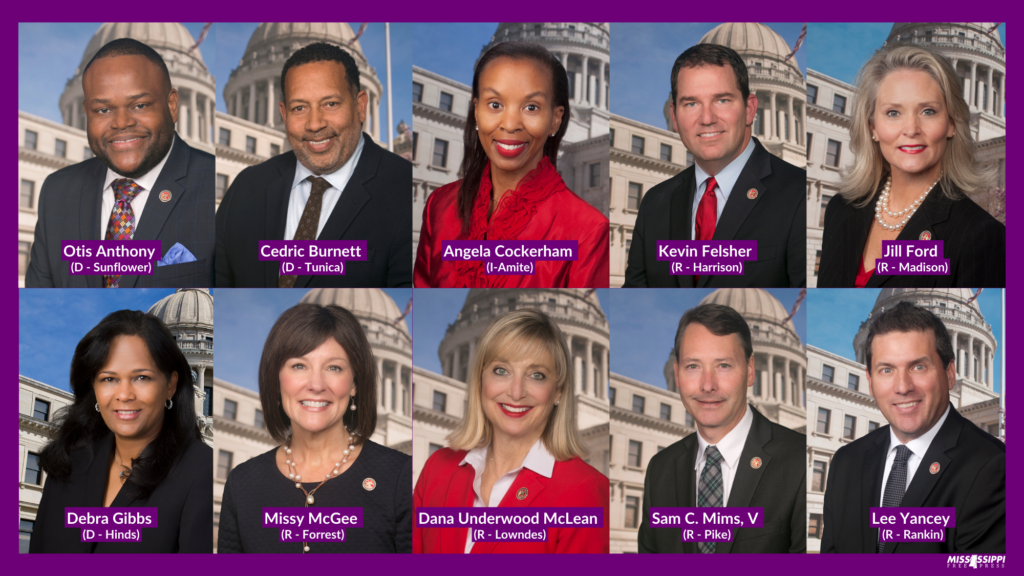
After the ruling, Gunn drew international criticism when he said that it is his “personal belief” that a 12-year-old incest victim should be forced to carry her father’s or uncle’s child to term because “every life is valuable.”
In the statement Tuesday announcing his appointees for the Speaker’s Commission on Life, Gunn said he was “grateful for their willingness and readiness to lead Mississippi in creating the ‘Next Steps For Life’ Legislation.”
Gunn said the commission has identified the following “areas of need”:
- “Engage the faith community. Churches have a tremendous need to step up and minister to women and children.”
- “Pregnancy resource centers. Incentivize the private sector to engage in supporting families dealing with unplanned pregnancies.”
- “Increase access to adoption. Make adoption more readily available and affordable.”
- “Jobs for Moms. Incentivize greater job opportunities and better access to childcare for new and expectant mothers.”
- “Families with challenges. Strengthen programs to help those suffering from breakdown, abuse, drug addiction, homelessness, special needs, or other crises.”
- “Cultivating a life-affirming culture. Implement policies and educational programs that encourage strong marriages, stable families, and abstinence.”
- “Improved child support enforcement. Reforms that improve child support enforcement to hold non-custodial parents accountable, so custodial parents don’t bear the burdens alone.”
- “Foster care. More effective child protection and foster care.”
‘Government Must Stay In Its Lane’
Gunn, the speaker who oversaw the passage of multiple abortion bans that finally forced the state’s only abortion clinic to shut down in June, said the commission should be “guidied” by the “principle” that “government must stay in its lane and up its game.”
“Expanding state government is not the best way to meet all these challenges,” he said in Tuesday’s statement. “Where government already plays a role—such as in child support and enforcement and foster care—we must make sure it is fulfilling its role.”
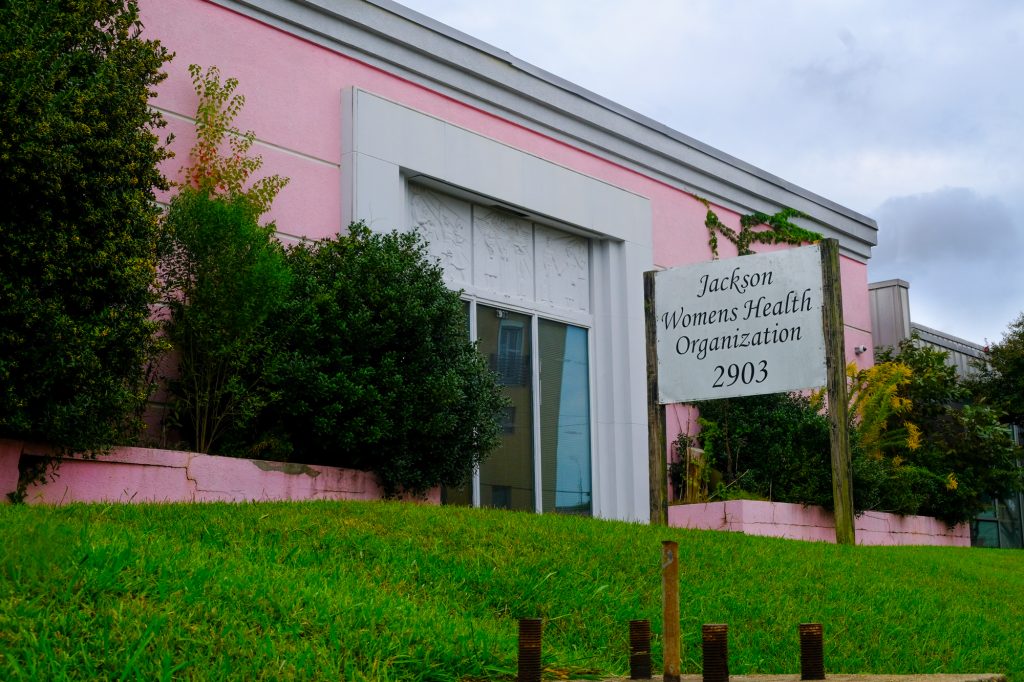
As the poorest state, Mississippi also boasts the nation’s highest infant death rate, highest fetal death rate and lowest overall life expectancy rate. From 2013 to 2016, Mississippi’s pregnancy-related maternal mortality rate was 1.9 times higher than the U.S. as a whole, with Black women at three times the risk of white women.
During the last legislative term alone, Speaker Gunn killed or declined to support efforts to provide health care options for new mothers. This spring, Republican Mississippi Sen. Kevin Blackwell, R-Southaven, sponsored a bill that would have ensured low-income new mothers in Mississippi have access to postpartum Medicaid coverage for 12 months after giving birth. Currently, that coverage is only available for two months.
The Republican-led Mississippi Senate voted 46-5 for the postpartum Medicaid extension. On the Senate floor, Blackwell referenced the state’s history of passing anti-abortion laws.
“I think we’ve done an excellent job of protecting the baby in the womb. But once it’s out of the womb it’s like, ‘Whoop!’ You’re on your own,” he said.
In March, though, the bill died for the second year in a row after Mississippi House leaders refused to put it to a vote. Gunn acknowledged to AP’s Emily Wagster Pettus that his decision to spike the bill came from a fear of the appearance of “Medicaid expansion.”
Gunn, the past chairman of the board of the right-wing American Legislative Exchange Council, has long opposed expanding Medicaid broadly in the state, not just postpartum coverage. Studies estimate that as many as 300,000 working Mississippians who make too much for traditional Medicaid but not enough to afford health insurance could gain health-care access if the state accepted billions from the federal government to expand the program.
“As I’ve said very publicly, I’m opposed to Medicaid expansion,” Gunn told the AP on March 9, erroneously conflating general Medicaid expansion with the targeted postpartum extension. “We need to look for ways to keep people off, not put them on.”
Asked if the postpartum extension might have saved lives, Gunn offered a noncommittal response. “That has not been a part of the discussions that I’ve heard,” he said at the time.
As he talked about a new “pro-life” agenda after the Dobbs ruling on June 24, the speaker said he expected “the churches to step up” to help pregnant women, but reiterated that he opposes expanding Medicaid or extending postpartum coverage.
“Y’all know my position on that, y’all know my position has long been that that is not a way to provide those services,” he said hours after the fall of Roe v. Wade.
Gunn Floats More Pregnancy Center Funds
The speaker also said the commission would seek to “unleash private initiative,” so that “when a family’s stability is shaken, people of faith, private businesses, non-profit organizations, and individuals must step forward to answer the need.”
For more than two years now, the State has been embroiled in scandal after news broke that the Mississippi Department of Human Services had funneled tens of millions in welfare funds meant for poor Mississippians into two nonprofits that used it for illegitimate purposes—such as paying millions to wealthy celebrities for speaking engagements they never gave.
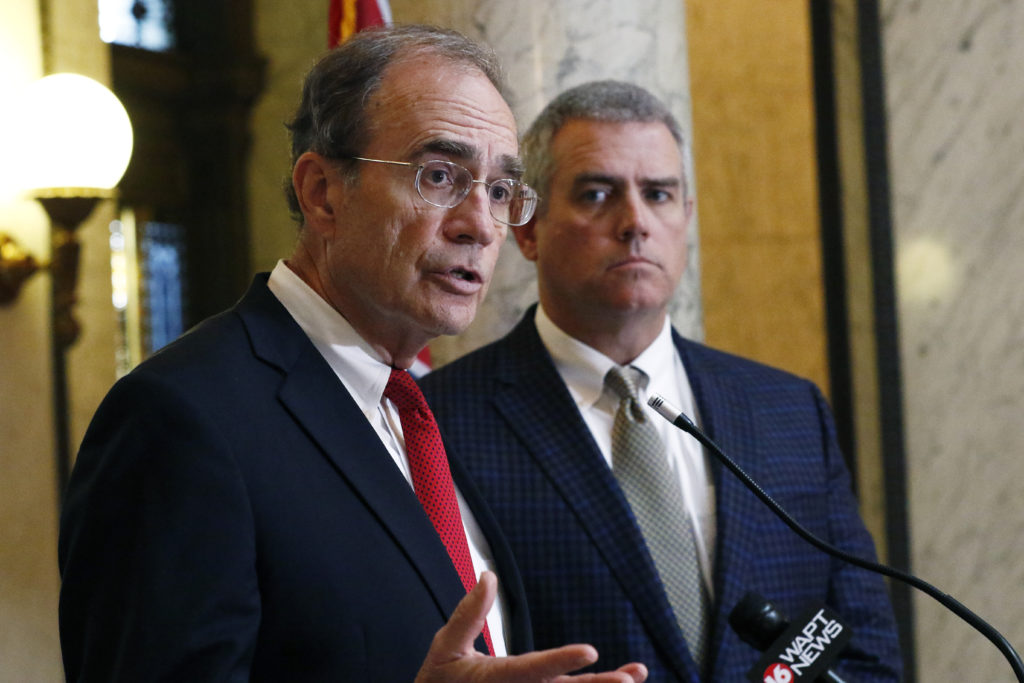
During the 2022 legislative session, which ended before the Dobbs ruling, the Mississippi Legislature passed the Pregnancy Resource Act, appropriating $3.5-million tax credit to encourage donations to anti-abortion nonprofits known as crisis pregnancy centers. All lawmakers on Gunn’s new commission voted for it except Anthony, who was absent.
In Tuesday’s statement, Gunn said the commission is already considering three pieces of legislation, including one that would expand the tax credit for crisis pregnancy centers. He said the other two bills under consideration are ones for “making adoption more readily available and more affordable” and “incentivizing employers to employ mothers during and after their pregnancy.” In Mississippi, employers at some small businesses can still fire women for getting pregnant, the Mississippi Supreme Court said last year.
In his announcement Tuesday, Gunn said the commission “will provide the public with updates as we develop more specific proposals.”
Mississippi Lt. Gov. Delbert Hosemann, the Mississippi Senate president, previously formed his own committee to address similar issues three days after the Dobbs ruling on June 27. He appointed nine members to his Senate Study Group on Women, Children and Families, including: Sen. Kevin Blackwell, R-Southaven; Sen. Hob Bryan, D-Amory; Sen. Dean Kirby, R-Pearl; Sen. Rod Hickman, D-Macon; Sen. Angela Hill, R-Picayune; Sen. Chad McMahan, R-Guntown; Sen. Angela Turner-Ford, D-West Point; and Sen. Brice Wiggins, R-Pascagoula.
Hosemann’s committee has four hearings scheduled for Sept. 27, Sept. 28, Oct. 25 and Oct. 26. The Mississippi Senate livestreams its hearings on YouTube.


